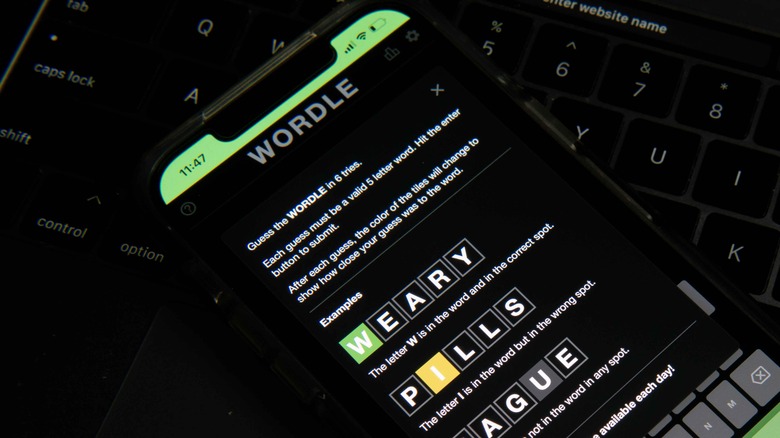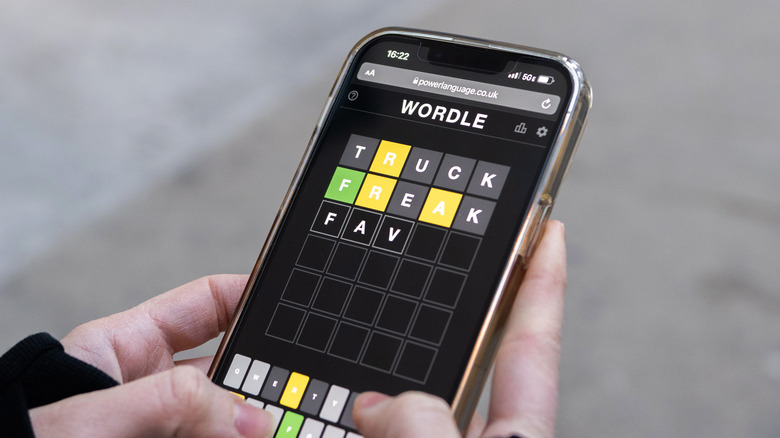Today's Wordle Answer #368 - June 22, 2022 Word Solution And Hints
Wordle #368 brings a zesty semology twist to the puzzle game. The root word for today's solution is one synonymous with wonderful, striking, and worth respectful admiration. And yet, when using the same suffix as the word wonderful, it produces a word with the opposite meaning. The solution word is also used frequently to describe something that needs to be done with extremely high dedication and commitment.
While the root word is often used strictly in a positive sense, the suffixed version — which is also the solution for Wordle's June 22 edition — can mean the opposite depending on the context. The modern English vocabulary has very few two-syllable words that produce a polar opposite meaning depending on what's written before or after it. Here are some more hints for the latest Wordle puzzle. The word some is the opposing word for the suffix used in today's Wordle solution. To make things simpler, the word has two vowels and a semi-vowel as its second letter.
Quite a semantic oddity
Now that you've scrolled to the second section of the article, let's get straight to the solution: awful. Here's the juicy etymological conundrum. Awe and wonder are synonyms, but putting a "-ful" as a suffix pits them against each other. The word awe has Scandinavian roots and means terror and fear. In Old English, it was used as egefull, which also meant terrifying. The root word was also used in Proto-Germanic and High and Old High German in a slightly modified form, but with similar meaning.
Over time, the word awe came to be associated with reverential fear, especially when referring to something that had to do with biblical history or associated with the church. And that makes things interesting, as awful could signify something terrible, and at the same time, it was used as a substitute for anything that deserves great respect, inspiration, or majestic influence. Somewhere down the line, awful cultivated a quantitative side to it. For example, it can be used in sentences like, "Winning a Formula 1 race requires an awful lot of physical and mental conditioning."

